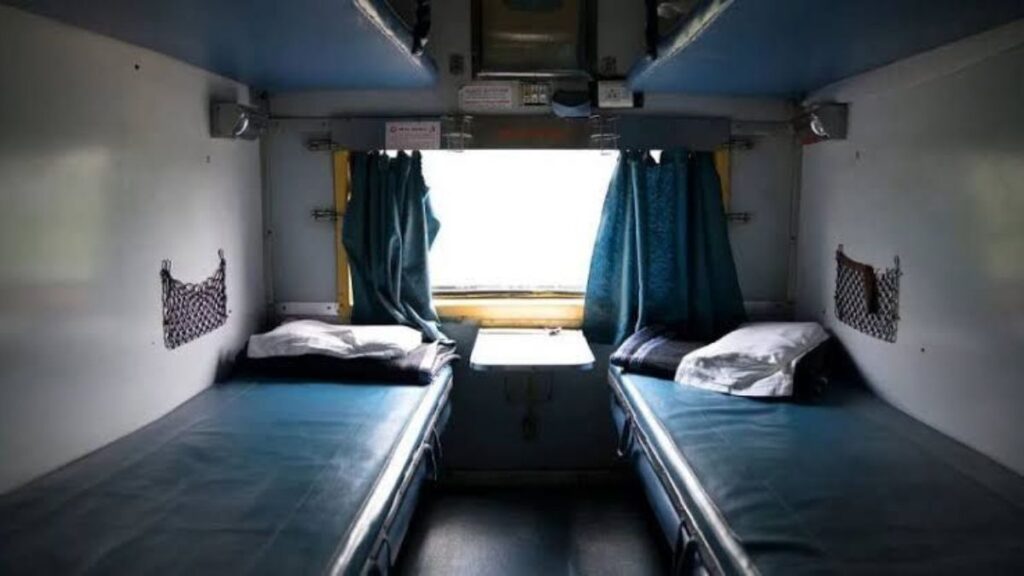Indian Railways Introduces Automatic Lower Berth Allocation for Women Above 45 Years and Men Above 60

Indian Railways has announced a significant change in its lower berth allocation policy, prioritizing senior citizens, women, and persons with disabilities. Under the new rules, women above 45 years and men above 60 will be automatically allotted lower berths during ticket booking, ensuring a more comfortable travel experience.
New Rules for Lower Berth Allocation
Booking lower berths for elderly passengers has long been a challenge, often forcing them to request seat swaps from fellow travelers. To address this, Indian Railways has reserved a specific number of lower berths in each coach for senior citizens, women, and differently-abled passengers.
Railway Minister Ashwini Vaishnaw recently informed the Lok Sabha about the new automatic allocation system, which will benefit:
- Pregnant women
- Women above 45 years
- Men above 60 years
- Women passengers above 58 years
Reservation Quota Across Coach Classes
The number of reserved lower berths varies by coach type:
- Sleeper Class: 6–7 lower berths
- 3AC Compartments: 4–5 lower berths
- 2AC Compartments: 3–4 lower berths
The exact number depends on the total coaches in a train.
Special Quota for Persons with Disabilities
Indian Railways has also reserved berths for differently-abled passengers across all mail and express trains, including premium services like Rajdhani and Shatabdi Express. The allocation includes:
- 4 berths in Sleeper Class
- 3 berths in AC compartments
- 4 seats in Second Sitting & AC Chair Car
Priority for Vacant Lower Berths During Travel
If lower berths become vacant mid-journey, priority will be given to:
- Senior citizens
- Pregnant women
- Differently-abled passengers
Other passengers requesting lower berths will only be considered after these groups.
This initiative is part of Indian Railways’ ongoing efforts to enhance passenger comfort, particularly for elderly and vulnerable travelers.




